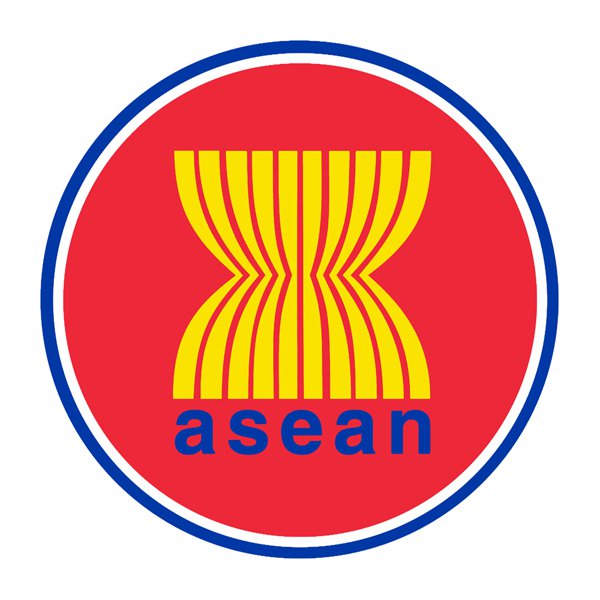Uncategorized
ASEAN welcomes progress on framework for South China Sea code of conduct

ASEAN members and China signed the Declaration on the Conduct of Parties in the South China Sea (DOC) in 2002 to resolve territorial dispute peacefully. (Photo: ASEAN/ Facebook)
MANILA–Ten member states of the Association of Southeast Asian Nations (ASEAN) have welcomed the progress to complete a framework of the code of conduct in the South China Sea/West Philippine Sea by middle of 2017, as they opt to pursue the peaceful resolution of territorial disputes.
In a Chairman’s Statement released Sunday, ASEAN leaders said the completion of framework will facilitate the early conclusion of an “effective COC”.
The code of conduct was meant to manage tensions in the South China Sea in a peaceful way. ASEAN members and China will then start negotiating for the actual code after they concluded its framework.
“We recognized the long-term benefits that would be gained from having the South China Sea as a sea of peace, stability and sustainable development,” they said in a statement released a day after the 30th ASEAN Summit held here.
ASEAN members and China signed the Declaration on the Conduct of Parties in the South China Sea (DOC) in 2002 to resolve territorial dispute peacefully.
“We underscored the importance of the full and effective implementation of the Declaration on the Conduct of Parties in the South China Sea in its entirety,” added the ASEAN heads of state.
Nevertheless, they noted concerns expressed by some leaders over recent developments in the area.
“We reaffirmed the importance of the need to enhance mutual trust and confidence, exercising self-restraint in the conduct of activities, and avoiding actions that may further complicate the situation, and pursuing the peaceful resolution of disputes, without resorting to the threat or use of force,” said the ASEAN leaders.
They reiterated the shared commitment to maintaining and promoting peace, security and stability in the region, in accordance with the universally recognized principles of international law, including the 1982 United Nations Convention on the Law of the Sea (UNCLOS).
Further, ASEAN leaders welcomed the operationalization of the guidelines for hotline communications among ASEAN and China in response to maritime emergencies in the implementation of the Declaration on the Conduct of Parties in the South China Sea.
They looked forward to the early operationalization of the other early harvest measure, which is the joint statement on the application of the Code for Unplanned Encounters at Sea (CUES) in the South China Sea.
Several countries have made competing claims over parts or all of South China Sea, including China, Taiwan and four ASEAN members which are the Philippines, Brunei, Malaysia and Vietnam.
Other ASEAN member-states include Cambodia, Indonesia, Lao, Myanmar, Singapore and Thailand.





















